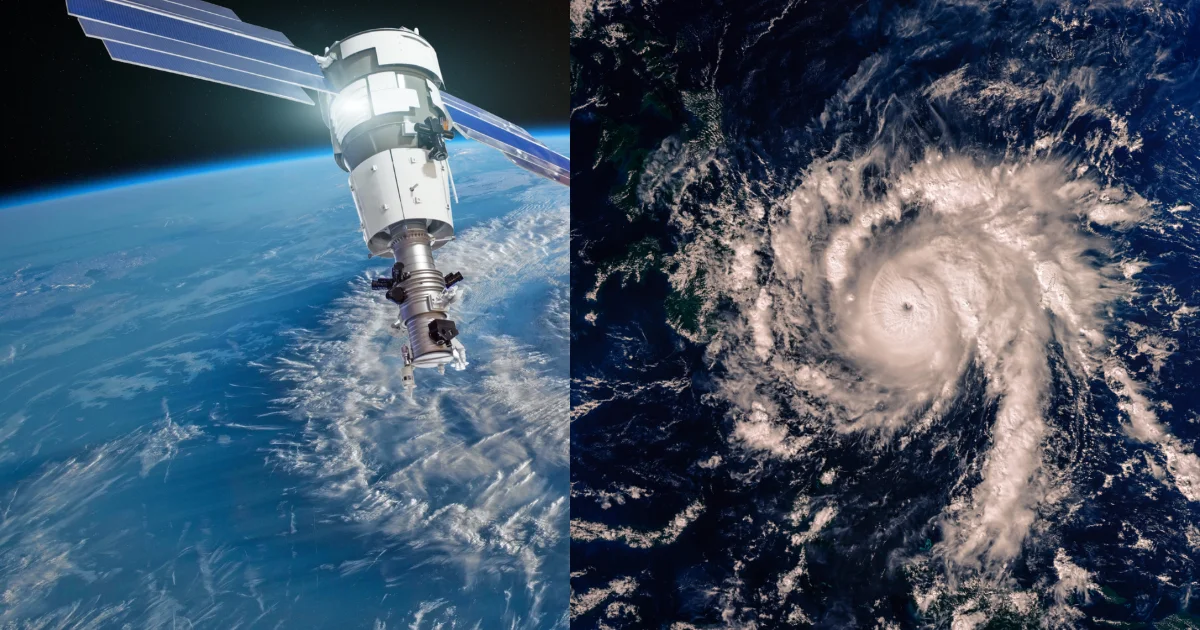Special Duas for Ramadan
Month of great benefits, pardon, and spiritual development is Ramadan. Muslims all over try to establish closer relationship with Allah by means of fasting, prayer, and supplication (dua). One of the most effective means to ask Allah for his kindness, direction, and pardon is to make sincere duas throughout Ramadan. Some of the most unique and advised duas for Ramadan, their meanings, and their sources from the Quran and Hadiths will be discussed on this site.

1. Dua for Ramadan's opening
Making a particular dua to greet this auspicious month is advised when Ramadan starts.
اللَّهُمَّ أَهْلِلْهُ عَلَيْنَا بِالأَمْنِ وَالإِيمَانِ، وَالسَّلامَةِ وَالإِسْلامِ، وَالتَّوْفِيقِ لِمَا تُحِبُّ وَتَرْضَى، رَبِّي وَرَبُّكَ اللَّهُ
Translation: “O Allah, may this moon show on us with safety and Islam, with security and faith, with success in what You love and please. Allah is your Lord and mine.
Source: Musnad Ahmad and Sunan At-Tirmidhi (Hadith 3451) reference this dua. Starting Ramadan in wonderful way, looking for Allah’s protection, serenity, and blessings,
2.Dua for Iftar
Breaking the Fast Reciting the following dua breaks the stillness at sunset is a sunnah.
ذَهَبَ الظَّمَأُ، وَابْتَلَّتِ الْعُرُوقُ، وَثَبَتَ الأَجْرُ إِنْ شَاءَ اللَّهُ
Translation: “The thirst has gone; the veins are moistened; the reward is confirmed, if Allah wills.”
Source: Sunan An-Nasa’i (Hadith 3315) and Sunan Abu Dawood (Hadith 2357) both document this dua. It reminds one of the benefits of Allah and the payback for fasting.
3. Dua for Laylatul Qadr (Night of Power)
The last ten nights of Ramadan are especially blessed, and Laylatul Qadr (the Night of Power) is the most significant night of the year. The Prophet Muhammad (peace be upon him) taught us to recite the following dua during these nights:
اللَّهُمَّ إِنَّكَ عَفُوٌّ تُحِبُّ الْعَفْوَ فَاعْفُ عَنِّي
Translation: O Allah, indeed You are Pardoning, You love to pardon, so pardon me.”
Source: Sunan At-Tirmidhi (Hadiths 3513) and Sunan Ibn Majah (Hadiths 3850) both reference this dua. It’s a strong ask for Allah’s pardon.
4. Dua for Asking Forgiveness
Ramadan is about atonement and asking Allah for pardon.
رَبِّ اغْفِرْ لِي وَتُبْ عَلَيَّ إِنَّكَ أَنْتَ التَّوَّابُ الرَّحِيمُ
Translating: “O my Lord, forgive me and accept my repentance, for You are the Acceptor of Repentance, the Most Merciful.”
Source: Surah Al-Mu’minun (23:118) among other Quranic lessons, inspired this duaIt makes us consider Allah’s unbounded compassion and ready pardon.

5.Dua in Guidance and Righteousness
Ramadan is an opportunity to seek Allah for direction and strengthen our faith.This dua is a thorough prayer for blessings, protection, and direction.
اللَّهُمَّ اهْدِنِي فِيمَنْ هَدَيْتَ، وَعَافِنِي فِيمَنْ عَافَيْتَ، وَتَوَلَّنِي فِيمَنْ تَوَلَّيْتَ، وَبَارِكْ لِي فِيمَا أَعْطَيْتَ، وَقِنِي شَرَّ مَا قَضَيْتَ، إِنَّكَ تَقْضِي وَلَا يُقْضَى عَلَيْكَ، إِنَّهُ لَا يَذِلُّ مَنْ وَالَيْتَ، وَلَا يَعِزُّ مَنْ عَادَيْتَ، تَبَارَكْتَ رَبَّنَا وَتَعَالَيْتَ
Translation: “O Allah, lead me among those You have led, pardon me among those You have pardoned, turn to me in friendliness among those You have turned in friendship, bless me in what You have given, and keep me from the ill of what You have decreed. You declare, and none can change You; and he is not humiliated whom You have befriended, nor is he glorified who is Your adversary. Blessed are You, O Lord, and Exalted.
Source: Sunan At-Tirmidhi (Hadith 464) and Sunan Abu Dawood (Hadith 1425) both document this dua.
6. Dua for enhancing Iman, or faith
Ramadan is a time to grow in religion and pursue wise knowledge. The following Dua is a lovely request for this aim:
اللَّهُمَّ إِنِّي أَسْأَلُكَ إِيمَانًا دَائِمًا، وَعِلْمًا نَافِعًا، وَيَقِينًا صَادِقًا
Translating “O Allah, I ask You for enduring faith, beneficial knowledge, and true certainty.”
Source: Sahih Muslim (Hadith 2722) notes this dua.
7. Dua for the ten last days of Ramadan
Specifically blessed are the last 10 days of Ramadan. The dua advised here is for this period:
اللَّهُمَّ اجْعَلْ خَيْرَ عُمْرِي آخِرَهُ، وَخَيْرَ عَمَلِي خَوَاتِمَهُ، وَخَيْرَ أَيَّامِي يَوْمَ أَلْقَاكَ
Translation: “O Allah, make the best of our life the end of it, the best of my deeds the last of them, and the best of my days the day I meet You.” Source: Sunan Ibn Majah (Hadith 3832) and Musnad Ahmad (Hadith 17349) both document this dua.

8. Dua in Gratitude
One should count blessings from Allah throughout Ramadan. Here’s a reminder to show thanks: the dua.
اللَّهُمَّ أَعِنِّي عَلَى ذِكْرِكَ وَشُكْرِكَ وَحُسْنِ عِبَادَتِكَ
Translation: “O Allah, help me to remember She, to thank You, and to worship She in the best manner.”
Source: Sunan An-Nasa’s (Hadith 1303) and Sunan Abu Dawood’s (Hadith 1522) reference of this dua
9. Dua for Hellfire Protection
Ramadan is the season to flee the Hell penalty. The next dua is succinct yet strong.
اللَّهُمَّ أَجِرْنِي مِنَ النَّارِ
Translating “O Allah, save me from the Fire (of Hell).”
Source: Sahih Muslim (Hadith 483) and Sahih Bukhari (Hadith 7423) both record this dua.
10. Dua for Parents
Additionally Ramadan is a time to show our parents love and pray for them. The Quran provides the following dua:
رَبِّ ارْحَمْهُمَا كَمَا رَبَّيَانِي صَغِيرًا
Translation: “My Lord, have mercy upon them (my parents) as they brought me up in small scale.”
Source: Surah Al-Isra (17:24) sent this dua straight forwardly.
Frequently Asked Questions about Special Duas for Ramadan
1. What makes duas so important during Ramadan?
Making duas is a straight way to talk to Allah, and the gates of kindness are open wide during Ramadan. This is what the Prophet Muhammad (peace be upon him) said:
“When Ramadan begins, the gates of Paradise are opened, the gates of Hell are closed, and the devils are chained.” ‘Adith 1899 by Sahih Bukhari
Because of this, Ramadan is a great time to say sincere duas because they are more likely to be heard.
2. When is the best time to say duas during Ramadan?
Making duas is a straight way to talk to Allah, and the gates of kindness are open wide during Ramadan. This is what the Prophet Muhammad (peace be upon him) said:
“When Ramadan begins, the gates of Paradise are opened, the gates of Hell are closed, and the devils are chained.” ‘Adith 1899 by Sahih Bukhari
Because of this, Ramadan is a great time to say sincere duas because they are more likely to be heard.
3. Do I have to say the dua in Arabic or can I say it in a language I know?
Making duas is a straight way to talk to Allah, and the gates of kindness are open wide during Ramadan. This is what the Prophet Muhammad (peace be upon him) said:
“When Ramadan begins, the gates of Paradise are opened, the gates of Hell are closed, and the devils are chained.” ‘Adith 1899 by Sahih Bukhari
Because of this, Ramadan is a great time to say sincere duas because they are more likely to be heard.
4.Are there certain duas for Laylatul Qadr?
That’s right, the best dua for Laylatul Qadr is:
اللمهُمَّ إِنَّكَ عَفُوٌّ تُحِبُّ الْعَفْوَ فَاعْفُ عَنّ٢ي
“Allahumma innaka ‘afuwwun tuhibbul ‘afwa fa’fu ‘anni.”
Says: “O Allah, indeed You are Pardoning, You love to pardon, so pardon me.”
This dua is discussed by Sunan At-Tirmidhi (Hadith 3513), and it is crucial to recite it throughout the final 10 nights of Ramadan.
5. How can I ensure that my prayers are heard?
To increase the likelihood that your prayers will be heard:
Be truthful and modest. Say the dua with a clean heart and believe that Allah will answer it.
Do not do things that are haram (not allowed). The Prophet (peace be upon him) said, “Allah is Good and only accepts that which is good.” Hadith 1015 from Sahih Muslim
You should say the dua at the right times, like during Sujood, Iftar, and the last third of the night.
Don’t give up. Keep saying the dua, even if you don’t see effects right away. Almighty Allah loves people who pray over and over again.
Show kindness: Being kind is a way to get your duas accepted. “Charity puts out sin like water puts out fire,” said the Prophet (peace be upon him). “Hadith 614” by Sunan At-Tirmidhi




